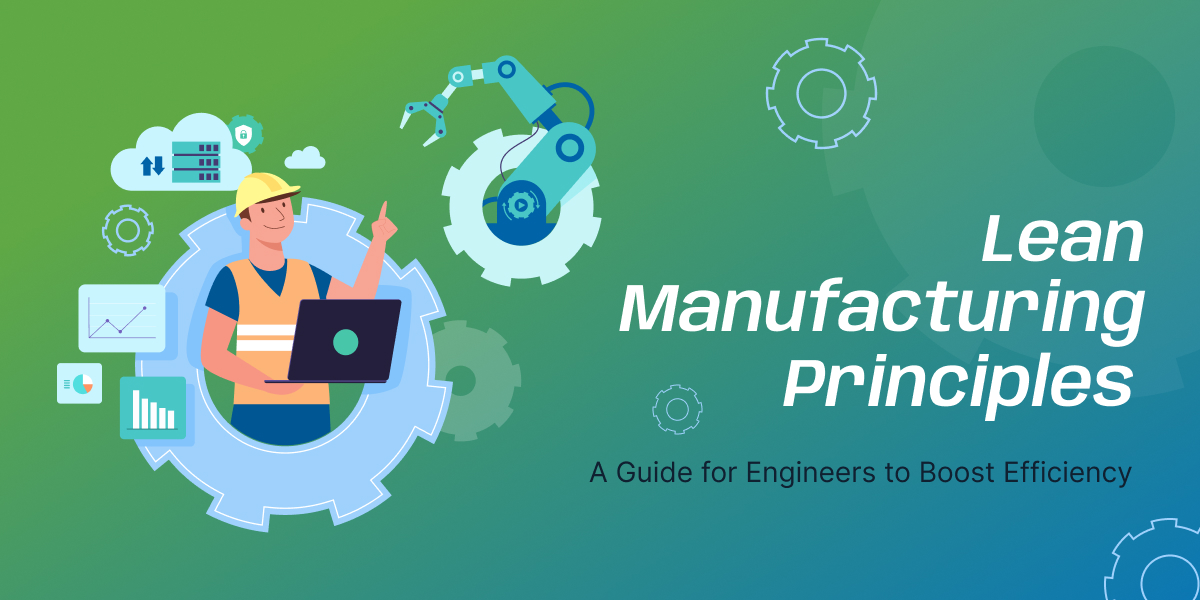
At Katalyst Engineering Services, we continually strive to drive innovation by deftly utilizing these resources, changing the issues encountered by various industries and fields with potential solutions.

At Katalyst Engineering Services, we continually strive to drive innovation by deftly utilizing these resources, changing the issues encountered by various industries and fields with potential solutions.

In the ever-evolving landscape of manufacturing, efficiency is not just a goal but a necessity. In pursuit of maximizing productivity and minimizing waste, engineers play a pivotal role. Lean manufacturing principles offer a structured approach to achieving these objectives, providing a framework that empowers engineers to streamline processes and optimize resources. Let’s delve into this guide for engineers, exploring the essence of lean engineering and manufacturing services how it can significantly enhance efficiency in production environments.
At its core, lean contract manufacturing services is about doing more with less. It originated from the Toyota Production System (TPS) and has since become a cornerstone of modern manufacturing methodologies. The fundamental principle of lean manufacturing engineering services is to eliminate waste in all its forms, whether it be overproduction, excess inventory, defects, waiting time, unnecessary motion, or underutilized talent.
For engineers looking to implement lean manufacturing principles, several strategies can prove effective:
Embracing lean manufacturing principles offers numerous benefits for engineers and manufacturing organizations alike:
In the pursuit of efficiency and competitiveness, lean manufacturing principles provide a roadmap for engineers to follow. By embracing the core tenets of lean thinking and implementing strategies for waste reduction and process optimization, engineers can unlock new levels of productivity and effectiveness in manufacturing operations. As the engineering and manufacturing services landscape continues to evolve, the principles of lean manufacturing remain as relevant and impactful as ever, guiding engineers toward excellence and sustainable success.
Need help understanding our services in depth? Our team of experts will specify everything you require. Tap on the Contact Us button and connect with our team today!
